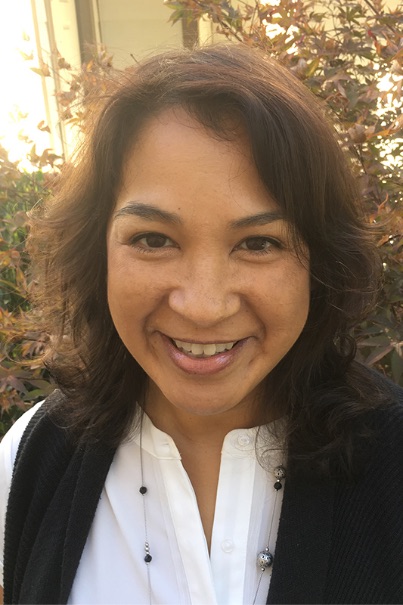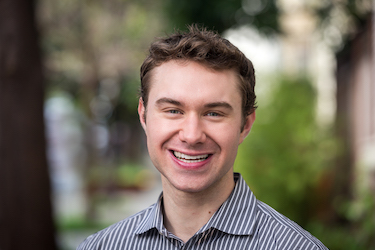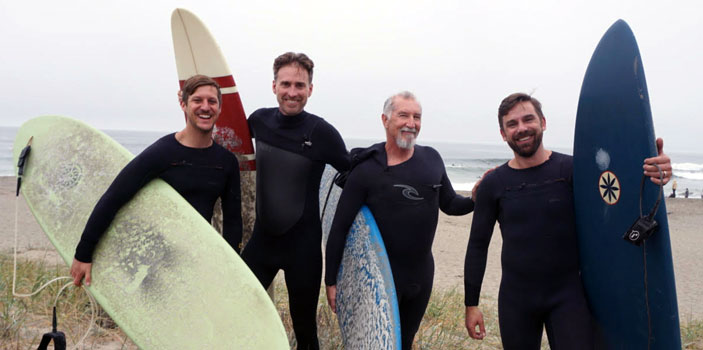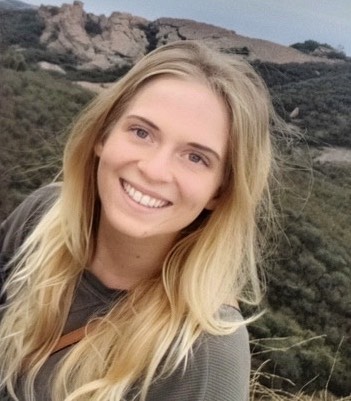Clinical Services Director Deanna van Ligten Reflects on One Year of the Pandemic
Clinical Services Director Deanna van Ligten Reflects on One Year of the Pandemic
 In March of 2020, the Wright Institute Clinic was faced with the decision to close its doors and move its services online. Deanna van Ligten, PsyD, the Wright Institute's Director of Clinical Services, recalls conversations she had early in that month, when so much seemed uncertain. "I remember asking myself, 'do we just have to cancel all of our services this week?'" says van Ligten of the week of March 9, 2020.
In March of 2020, the Wright Institute Clinic was faced with the decision to close its doors and move its services online. Deanna van Ligten, PsyD, the Wright Institute's Director of Clinical Services, recalls conversations she had early in that month, when so much seemed uncertain. "I remember asking myself, 'do we just have to cancel all of our services this week?'" says van Ligten of the week of March 9, 2020.


 Two
Two  "I think that most of us who are drawn to this field simply want to help people, and do good work for society. That ethos certainly reflects how I want to live my life."
"I think that most of us who are drawn to this field simply want to help people, and do good work for society. That ethos certainly reflects how I want to live my life." This month,
This month,  When
When  A few weeks before her graduation from the
A few weeks before her graduation from the